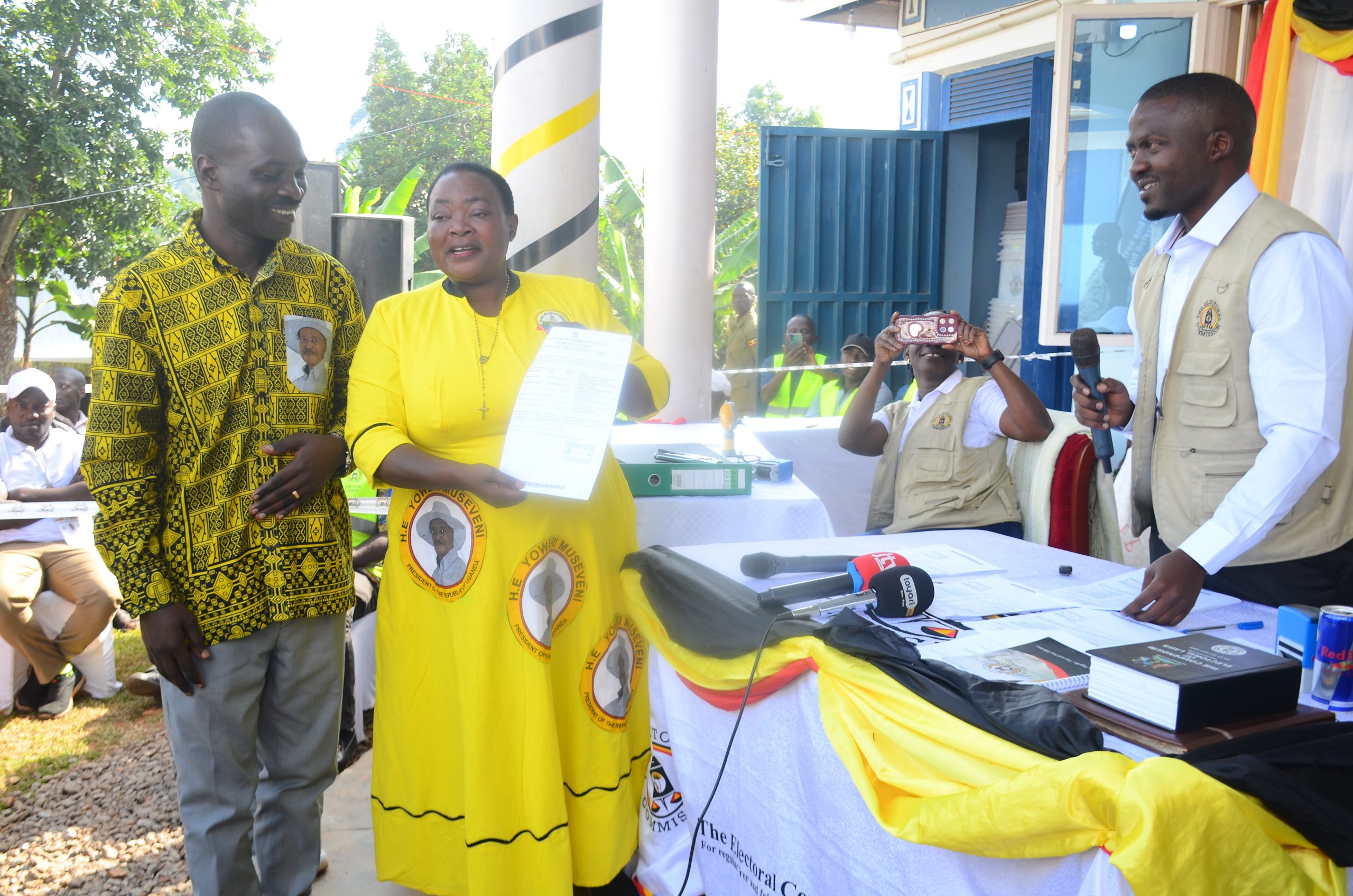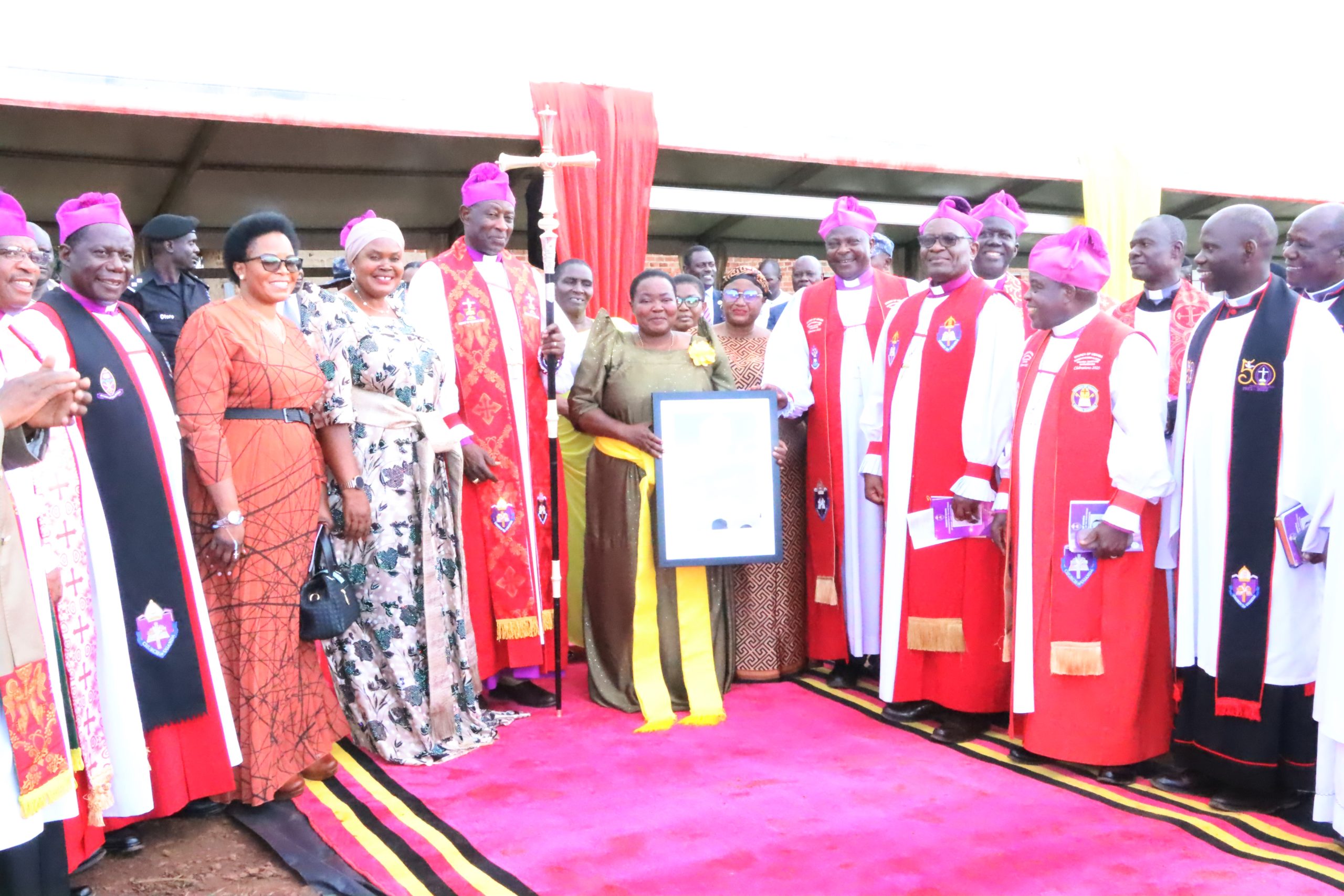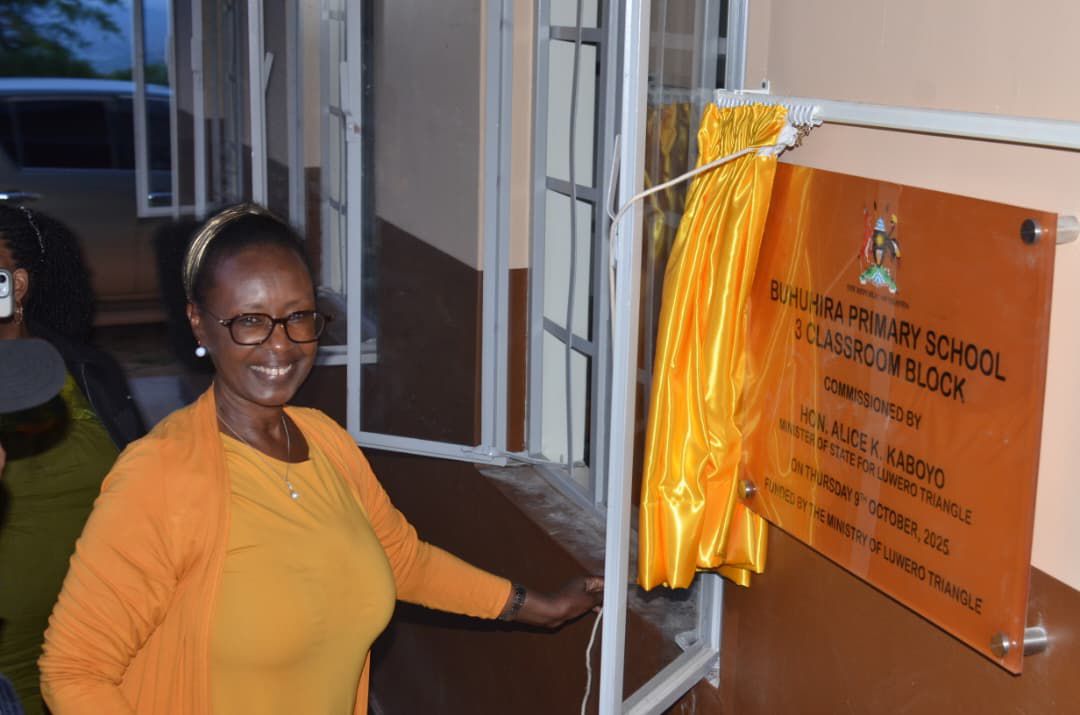President Museveni has said Uganda has made a lot of progress in the fight against HIV and AIDS which has led to a reduction in the country’s HIV prevalence rate from 18% in the 1980s to 6% currently.
He said Uganda continues to prioritize HIV responses and additional resources have been allocated towards the purchase of antiretroviral drugs whose budget has doubled over the years.
The President made the remarks in his speech which was delivered by the Prime Minister Dr Ruhakana Rugunda at the national commemoration of the World AIDS Day.
The function which was celebrated under the theme “National Solidarity and a Shared Responsibility Towards Ending AIDS” took place at the Office of the President Conference Hall on Tuesday.
President Museveni noted that Uganda has been hailed as an African success story for its early response to HIV/AIDS at the start of the epidemic.
“As Uganda, we have come a long way in fighting against HIV and AIDS and today I can say with confidence with that we are winning this battle,” Museveni said.
He added that 89% of people living with HIV in Uganda know their status, while 85% are on treatment and 91% are viral suppressed.
Museveni asked the public to reflect on their individual and collective responsibility towards ending AIDS in Uganda, in order to achieve the 2030 target of ending AIDS.
“It is the responsibility of each and every one of us to ensure that No child is born with HIV, no person gets infected with HIV, no person dies due to AIDS-related illness and there is no discrimination against people living with HIV,” Museveni noted.
He urged the local leaders to guide communities to dialogue and reflect on community-owned solutions and also pay particular attention to eliminating poverty and creating wealth which are key underlying factors for HIV acquisition.
He also called for conscious efforts to be geared towards reaching the young generation with messages about HIV/AIDS through the use of simple, visual, innovative and exciting communication tools including drama, theatre and graphical illustrations via social media.
Museveni said there is a need to decentralize HIV and AIDS initiatives to reach community trading centres, markets, community centres and families. He added that prevention activities should be integrated and mainstreamed into other interventions targeting communities, women and youth development.
The Minister of State for Primary Health Care, Dr Joyce Moriku Kaducu said there is need for all stakeholders to demonstrate solidarity in the fight against HIV/AIDS. She said Uganda has made progress towards attaining the UN AIDS Global targets and the ministry of health will continue to prioritise the Primary HIV interventions.
She thanked all the partners involved in the implementation of the HIV prevention-related programs.
The US Ambassador to Uganda, Her Excellency, Natalie Brown, said the World AIDS Day provides a forum to support the HIV interventions put in place to fight against the pandemic.
She commended the HIV response and prevention measures put in place by Uganda, noting that most people living with HIV/AIDS in Uganda can access health services and other social services.
The Chairperson of the HIV Committee of Parliament, Wamala Nambozo Florence, said the different stakeholders need to engage the public on the HIV/AIDS preventive measures such as abstinence, being faithful and practising safe sex by using condoms, in addition to embracing HIV testing and counselling
The UNAIDS Country Director, Jotham Mubangizi, said there is a need to embrace the HIV responses that call for the elimination of stigma at all levels.
He noted that COVID-19 is threatening the achievements that have been made in the fight against HIV/AIDS, and thus called for limiting the COVID -19 impacts on the people living with HIV/AIDS.




